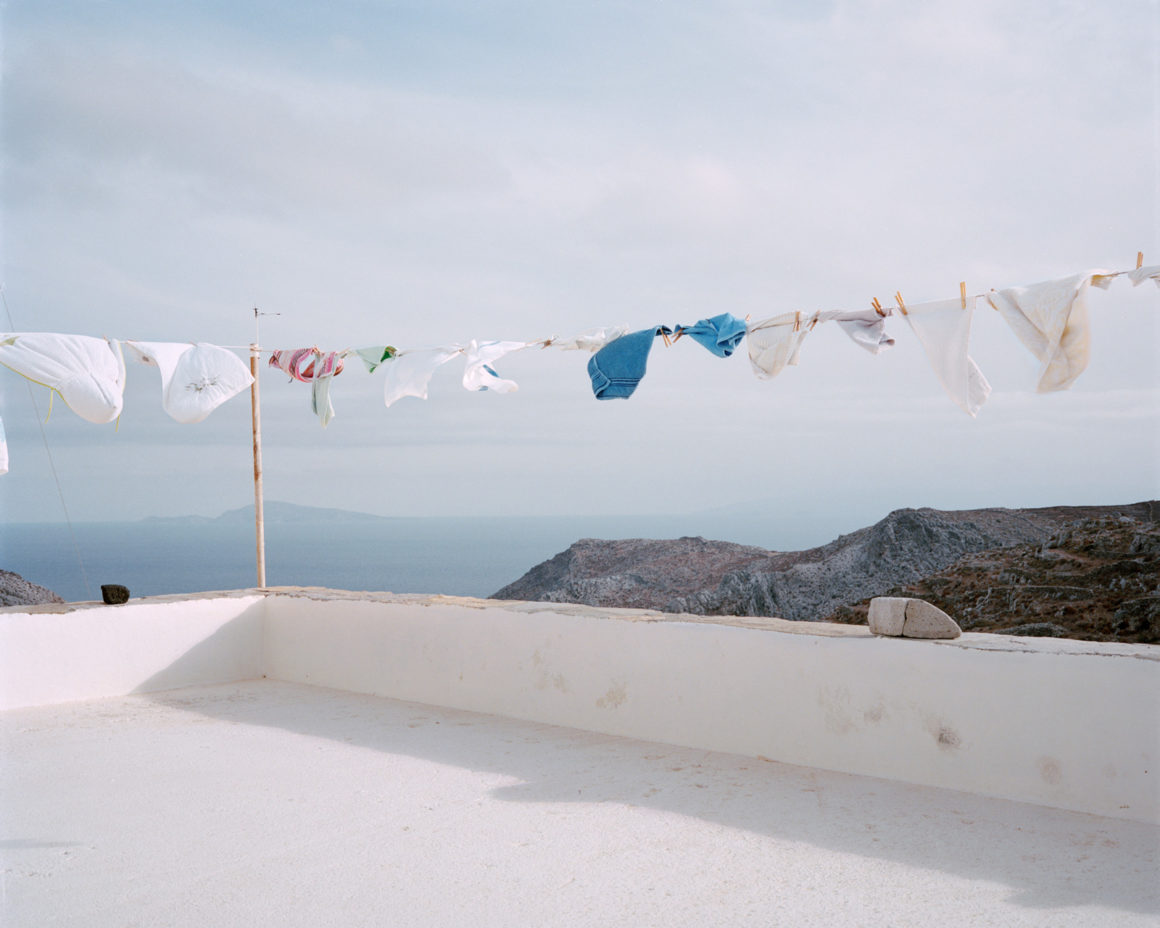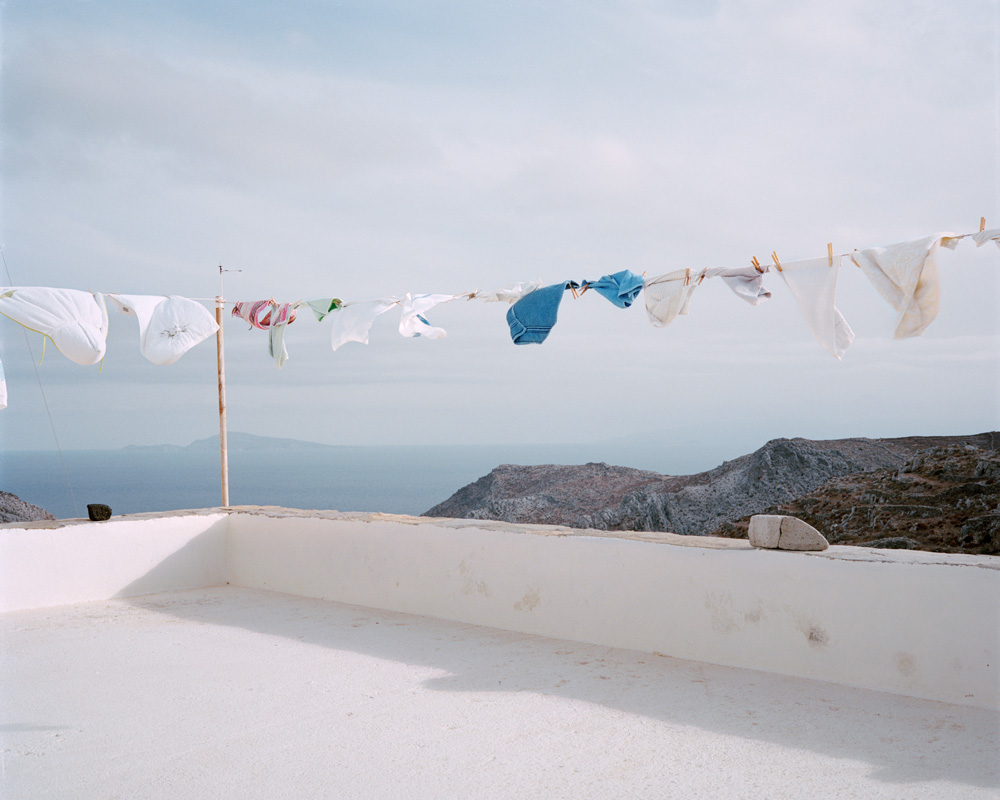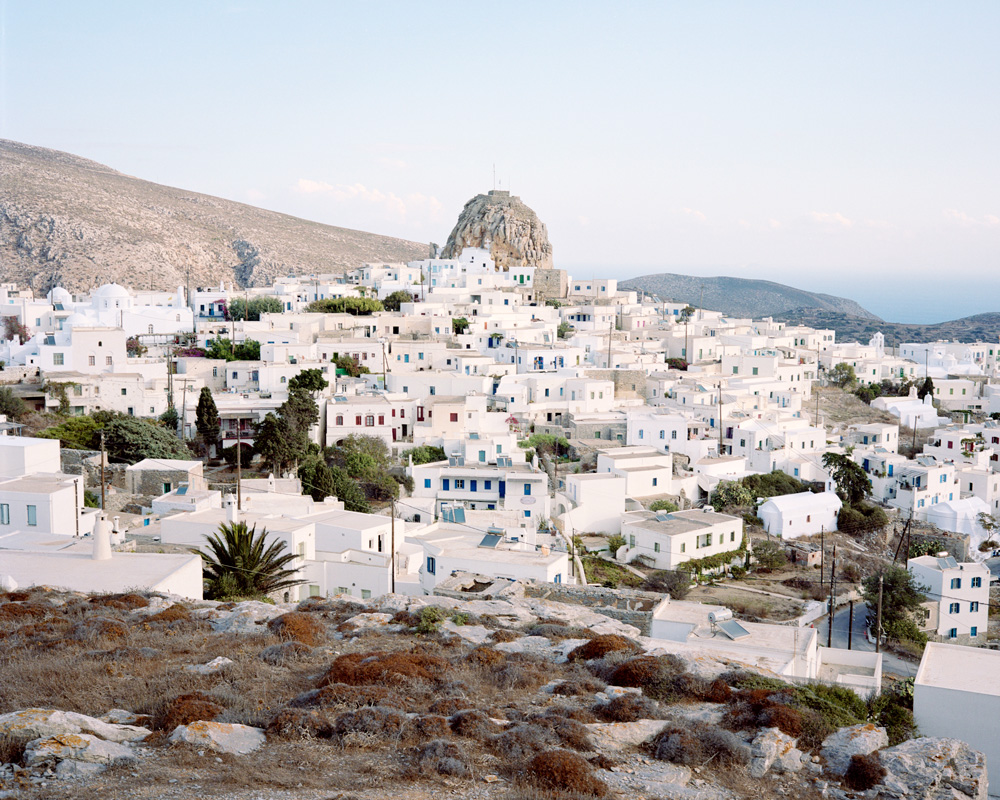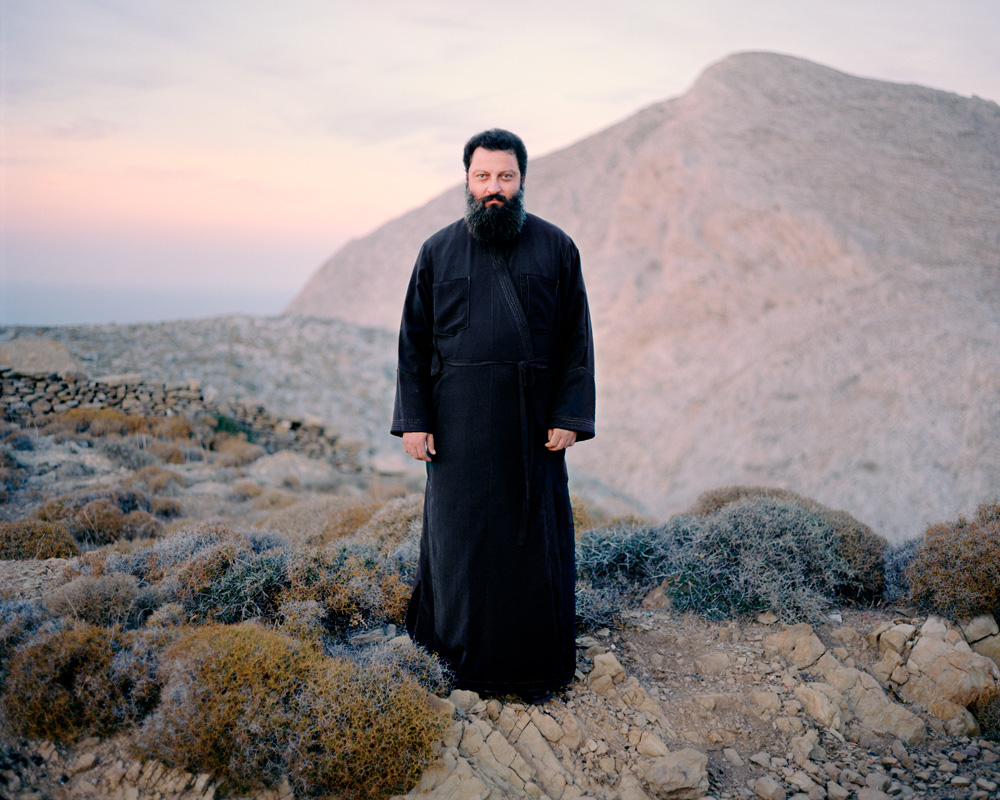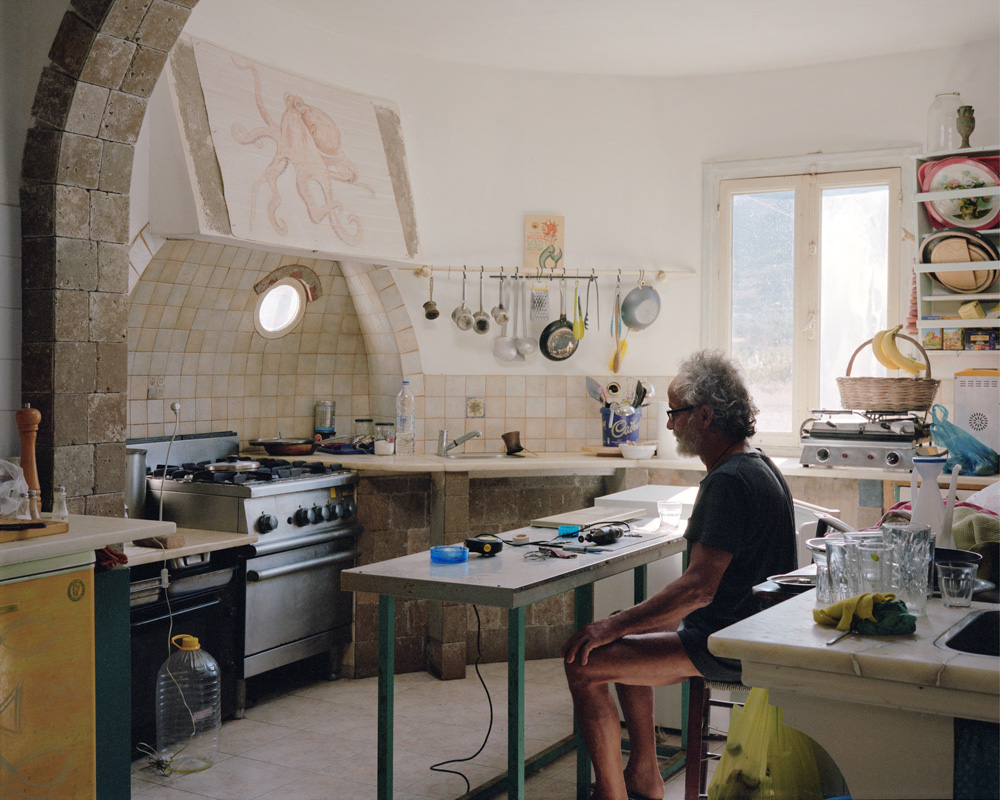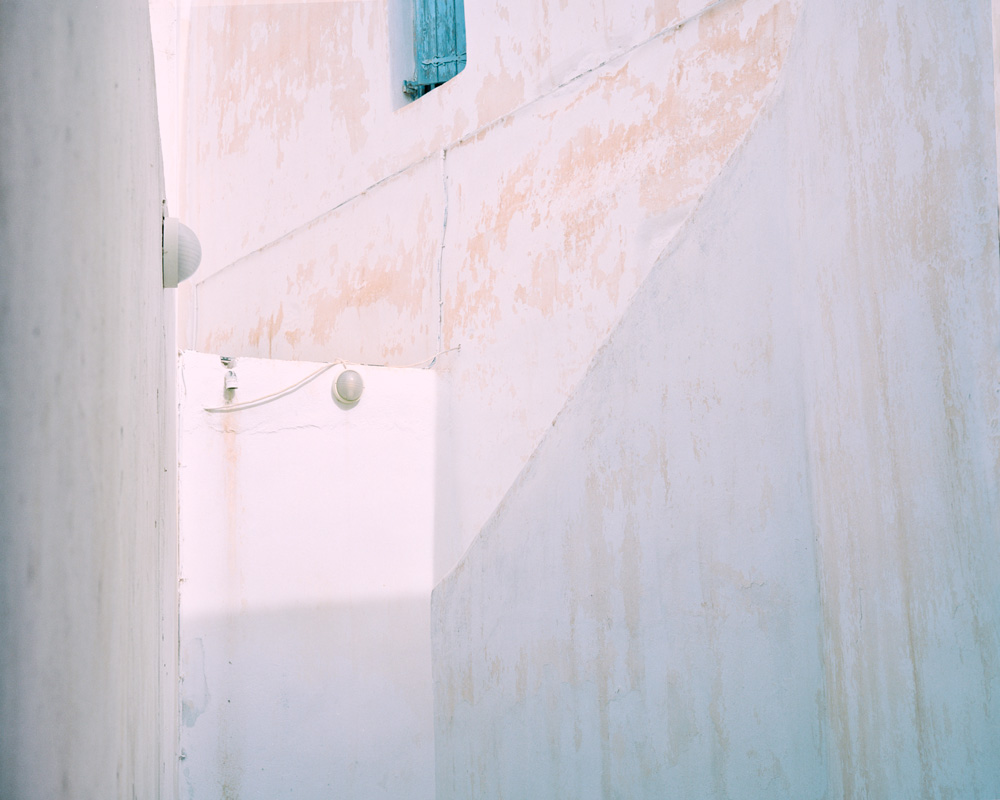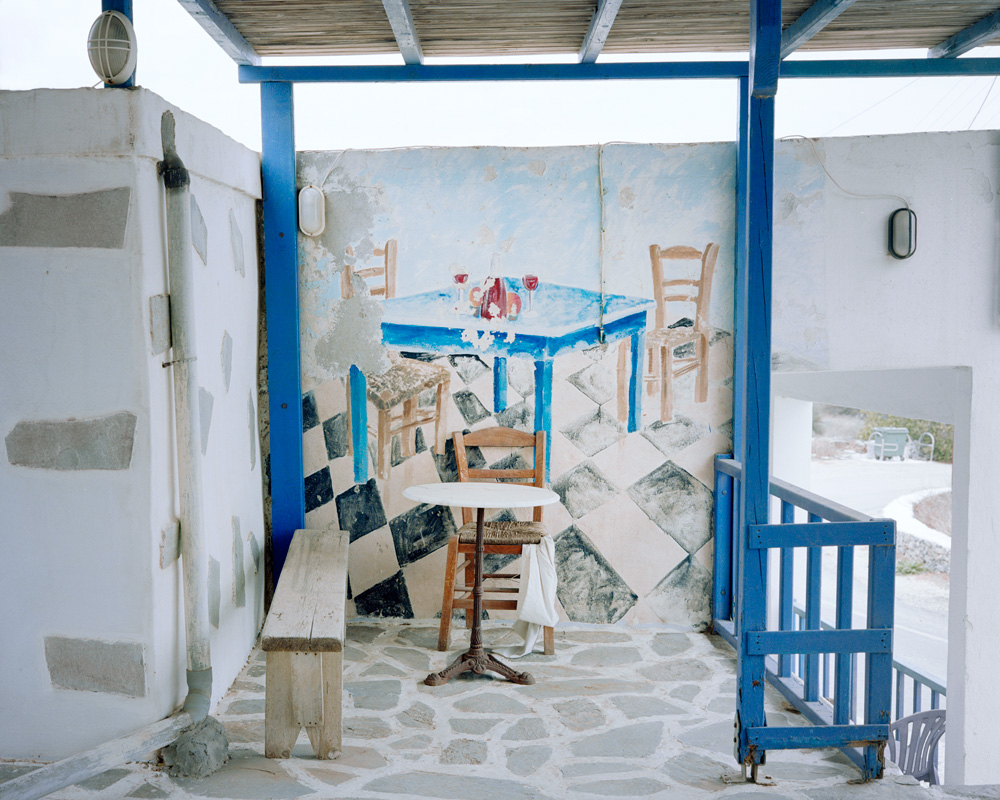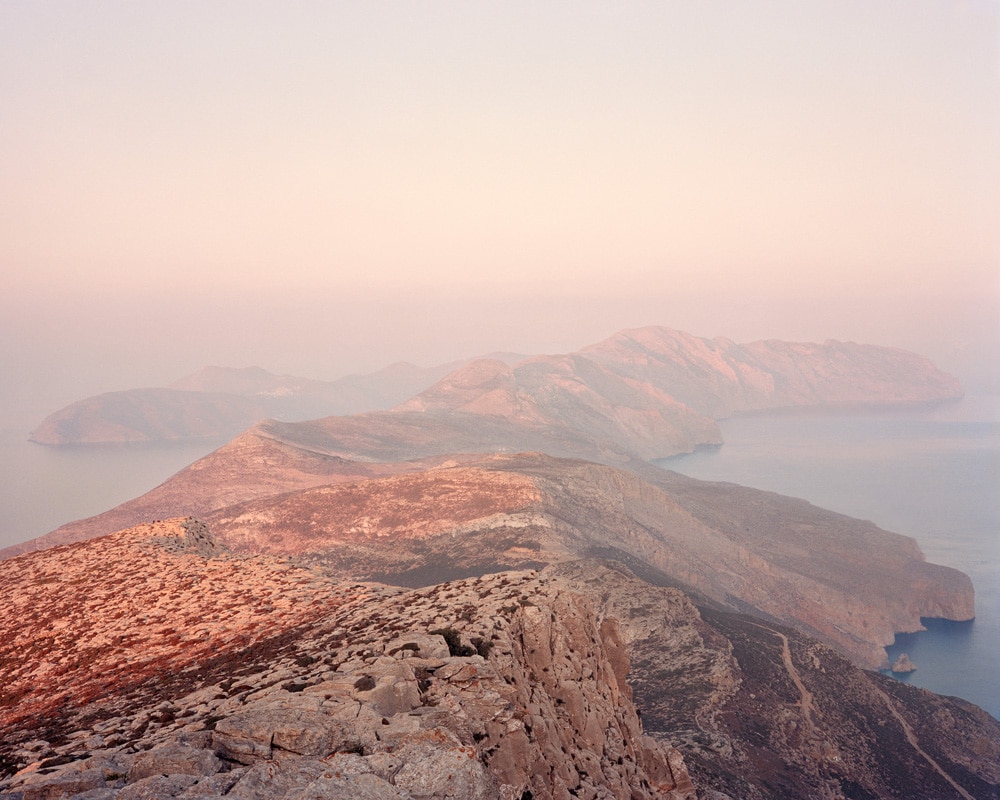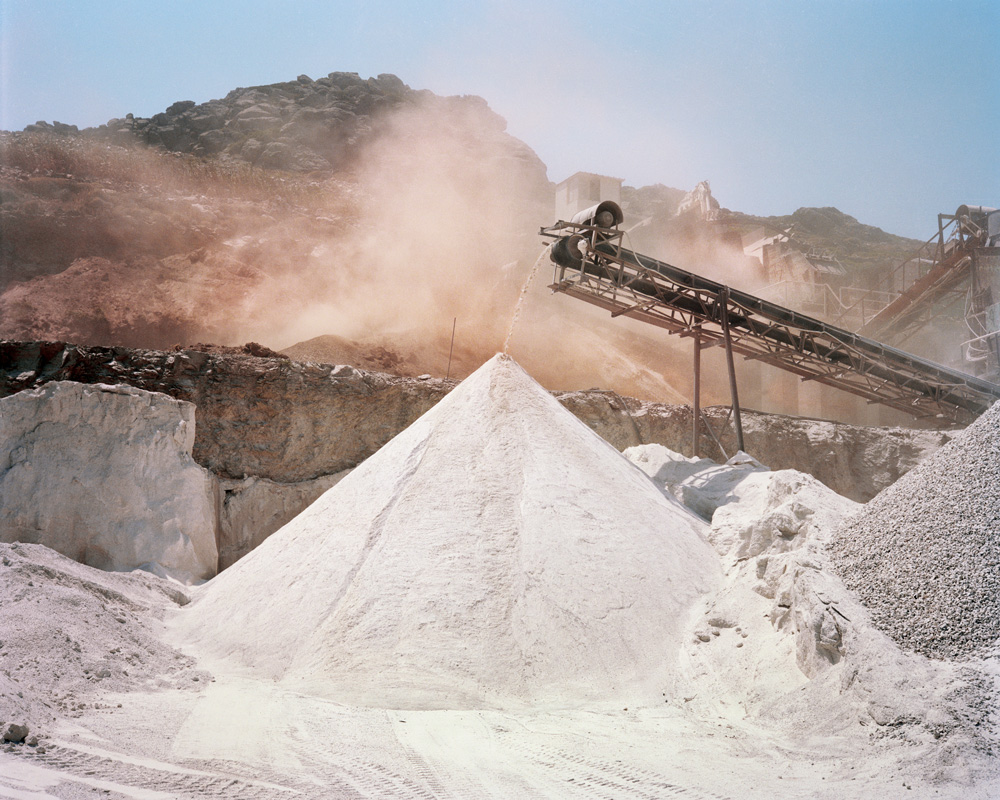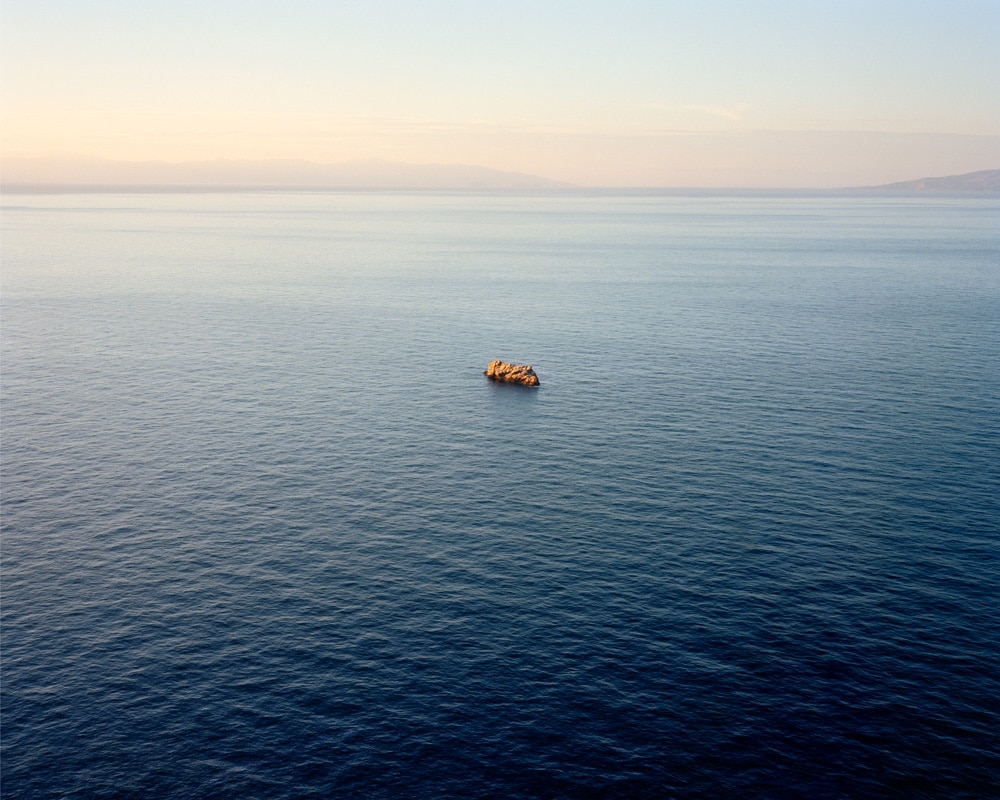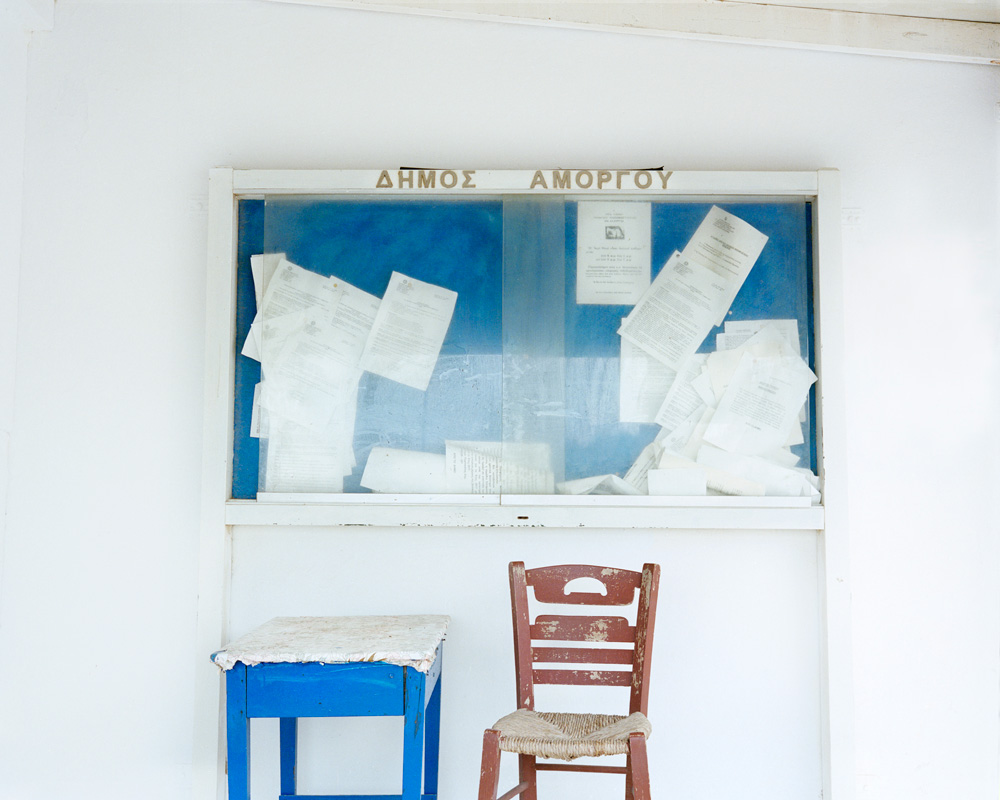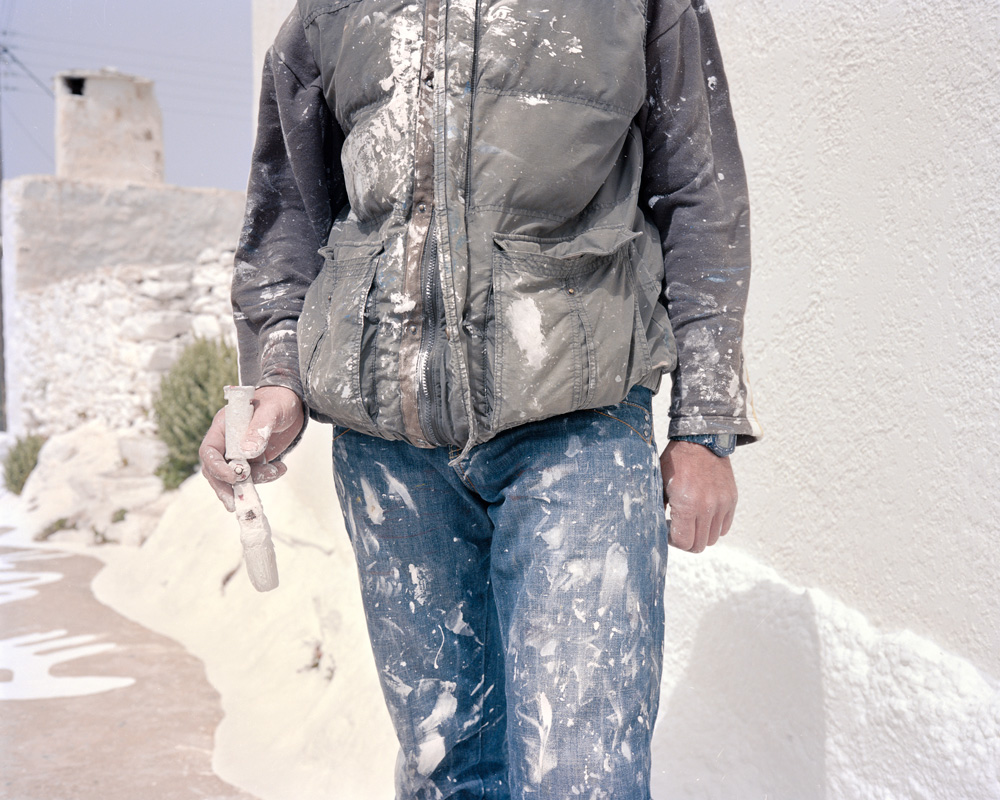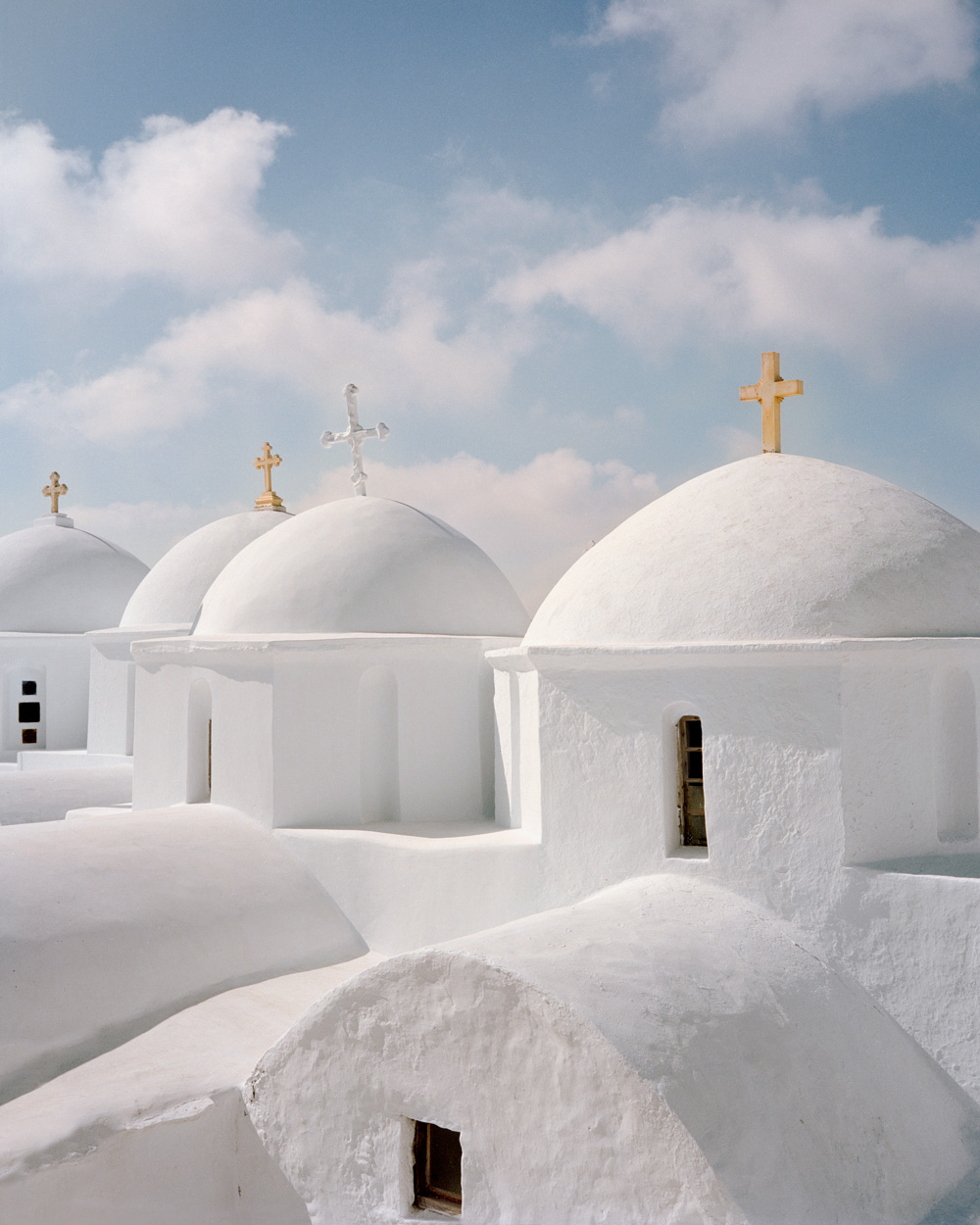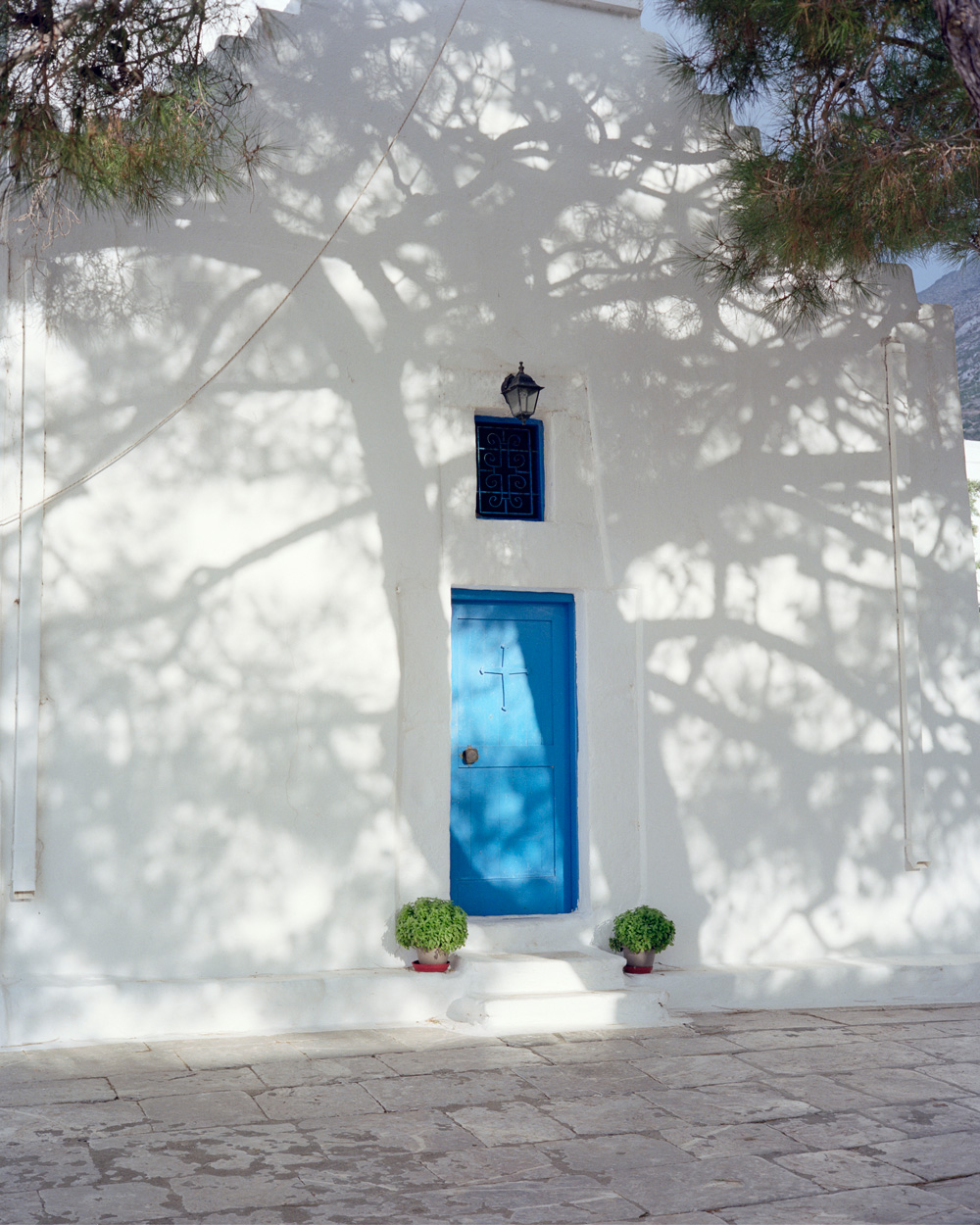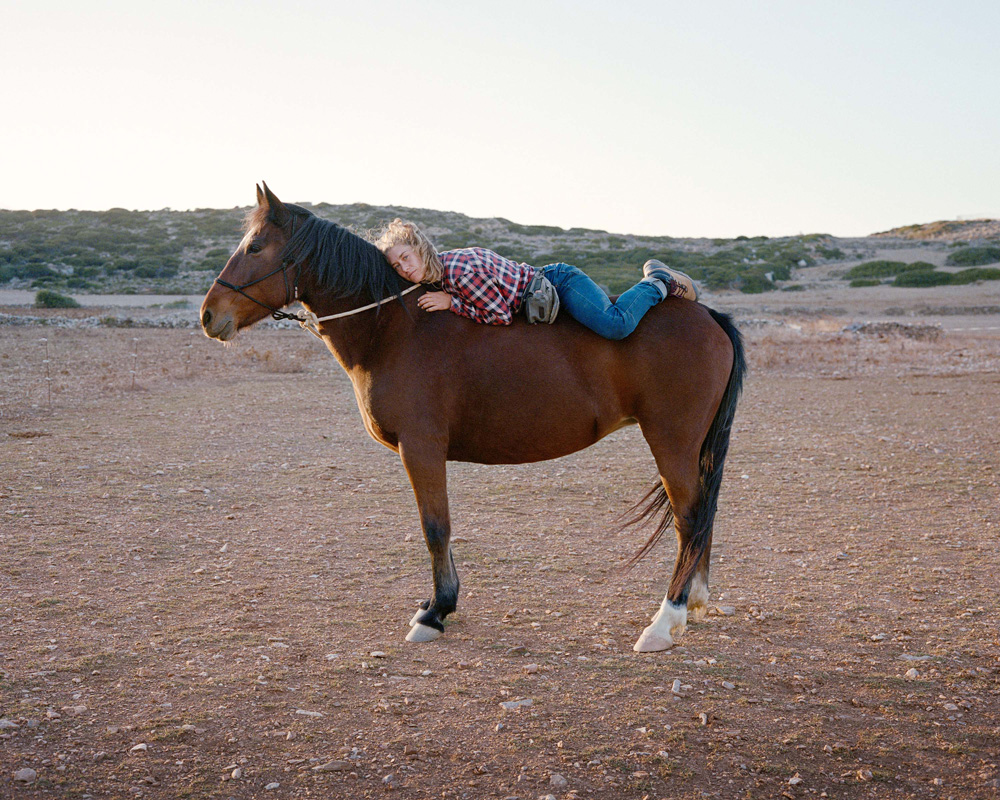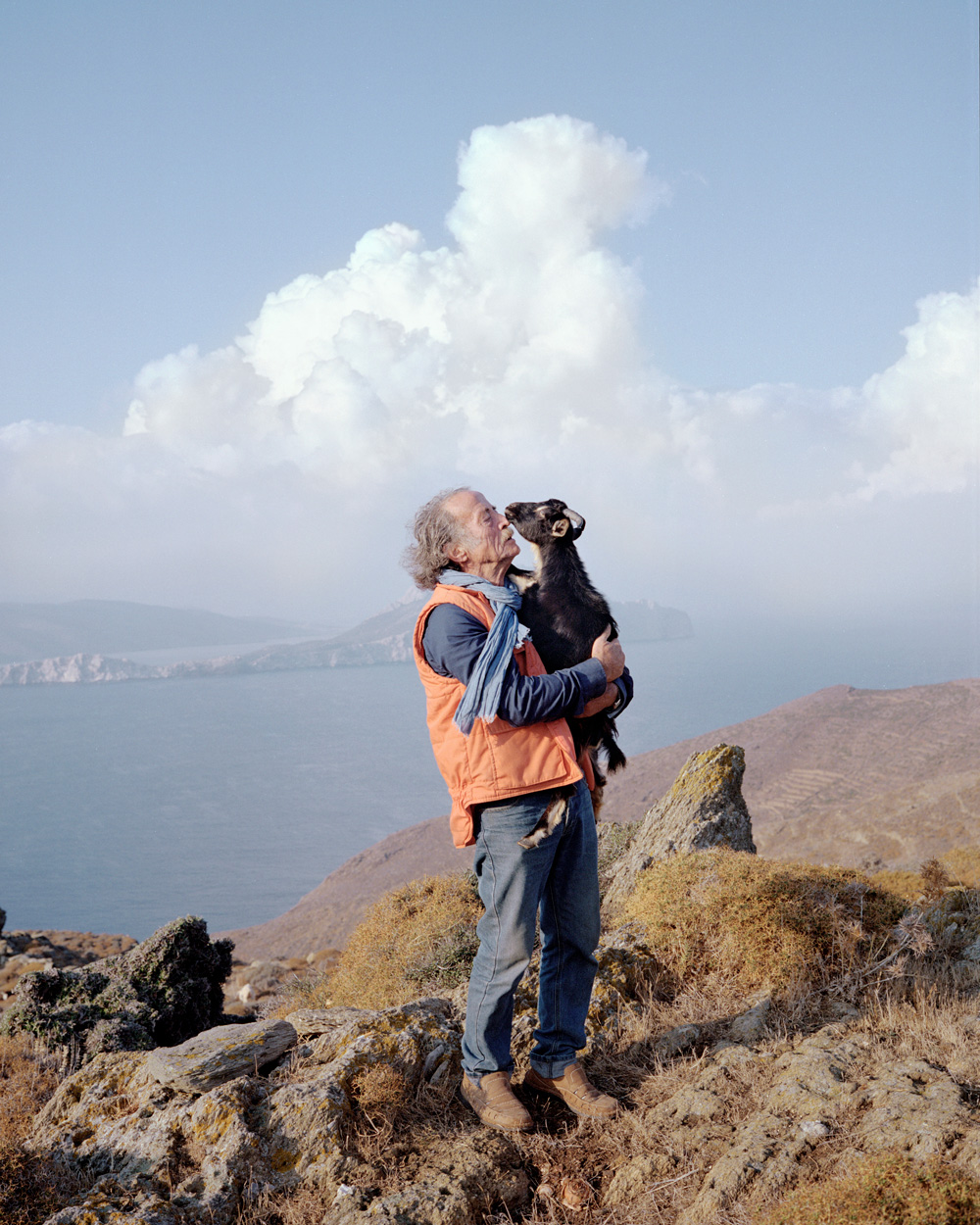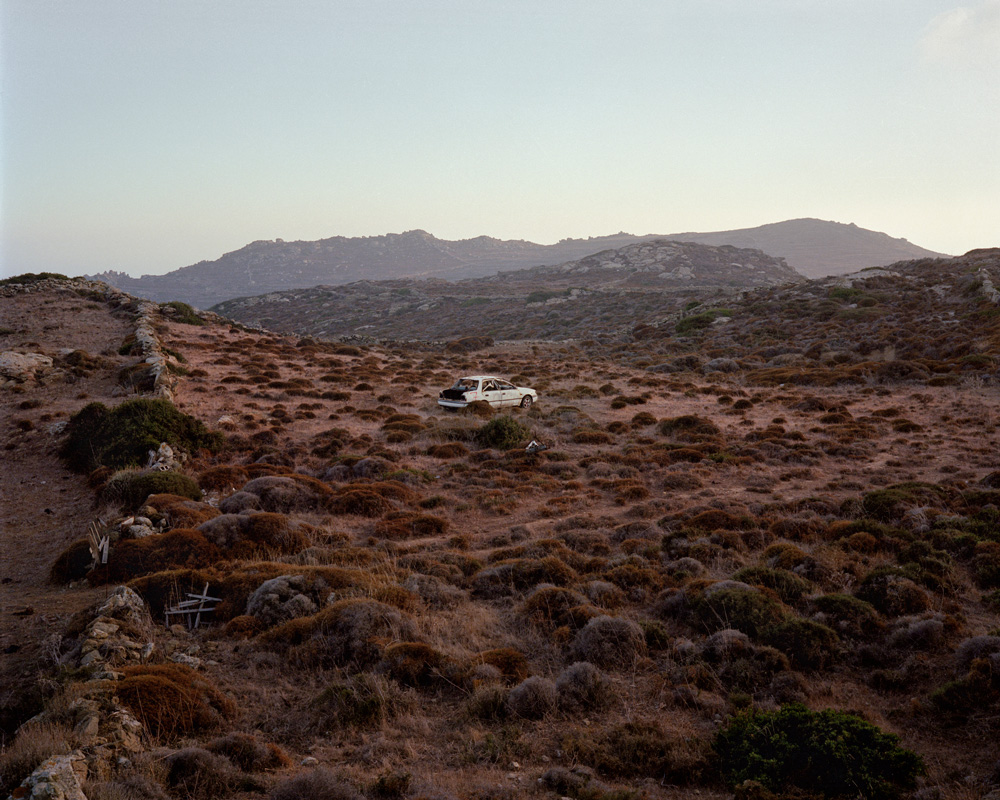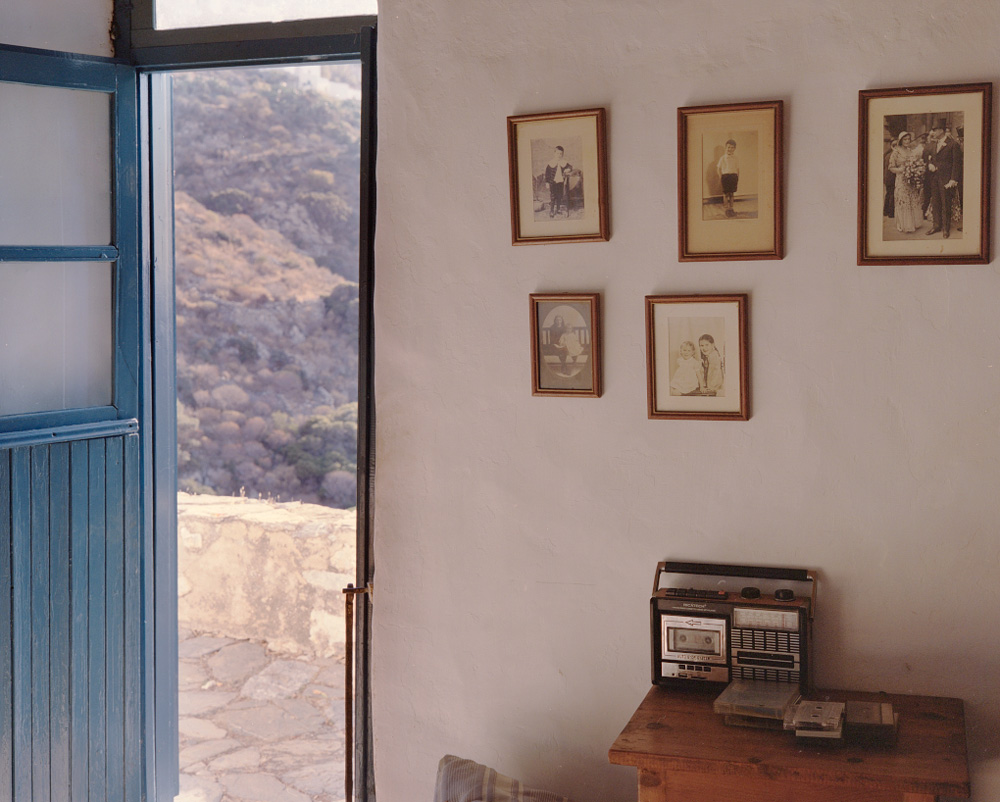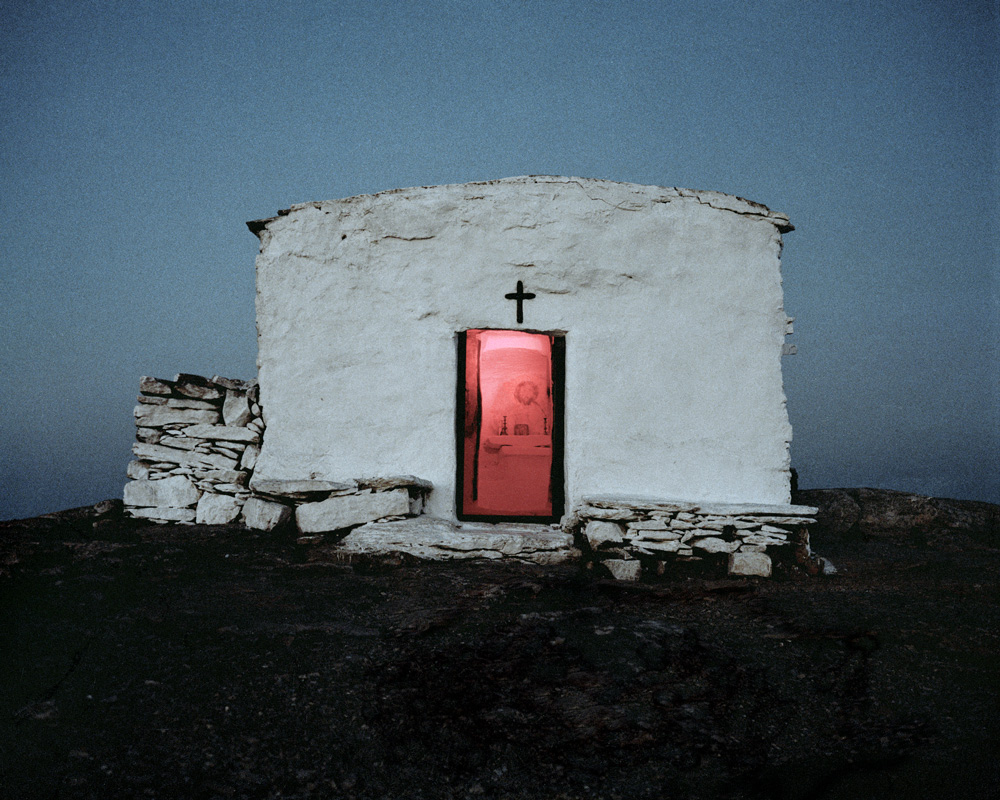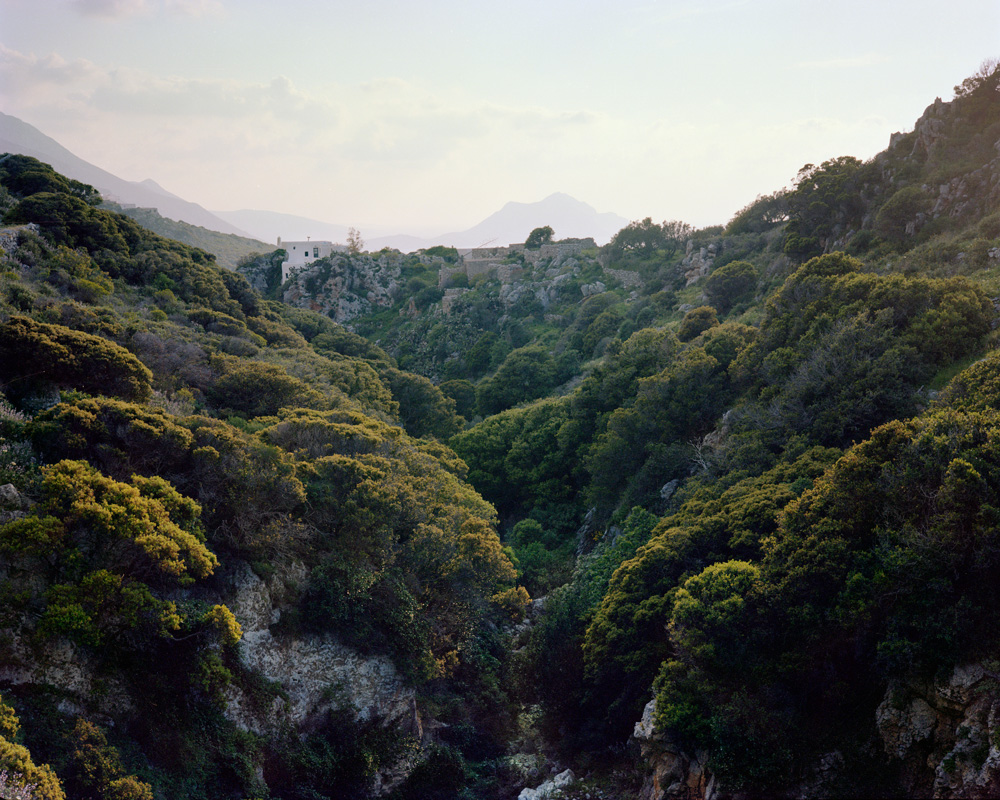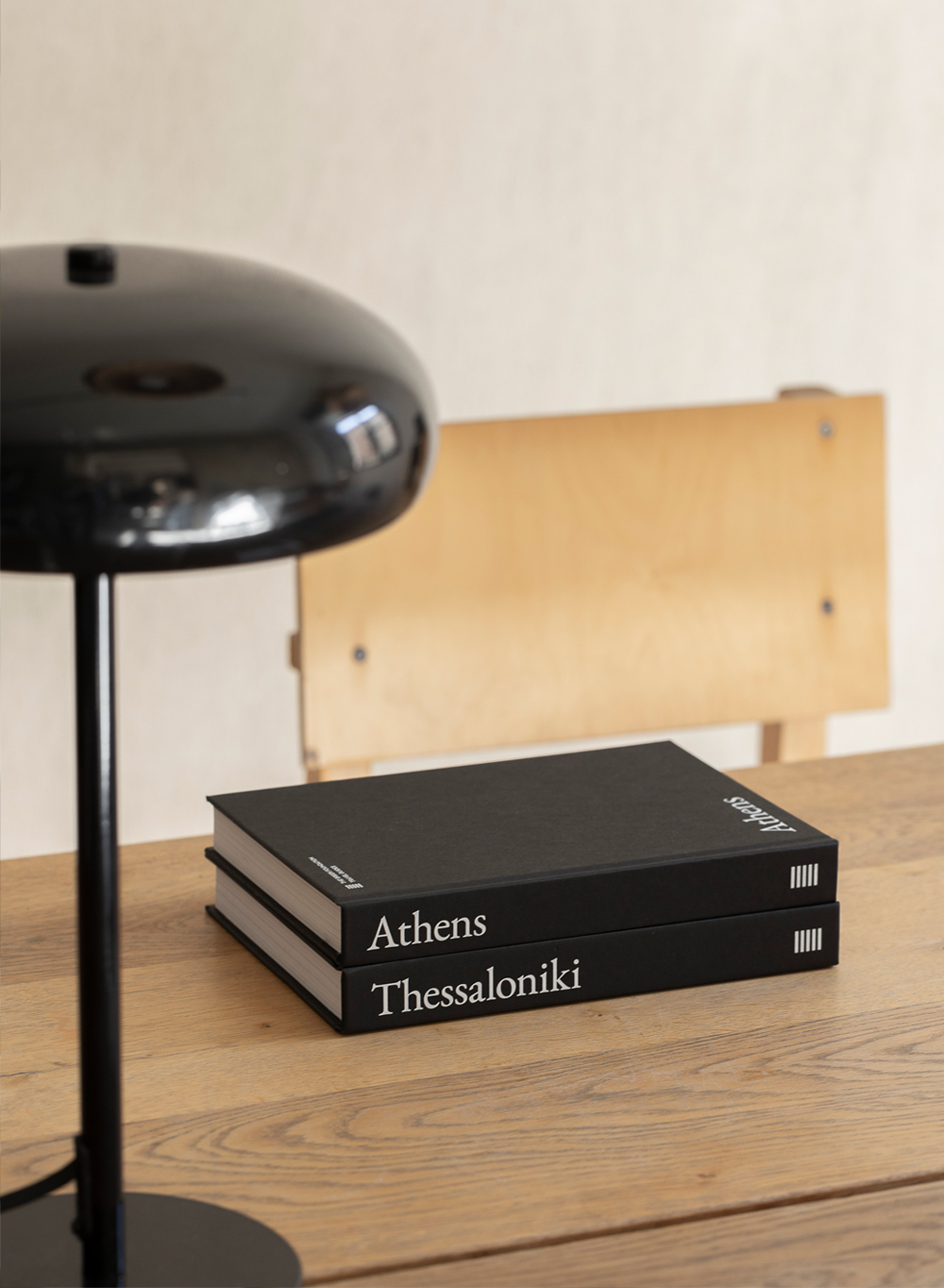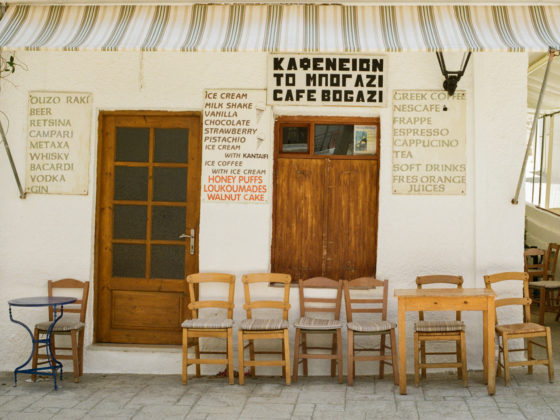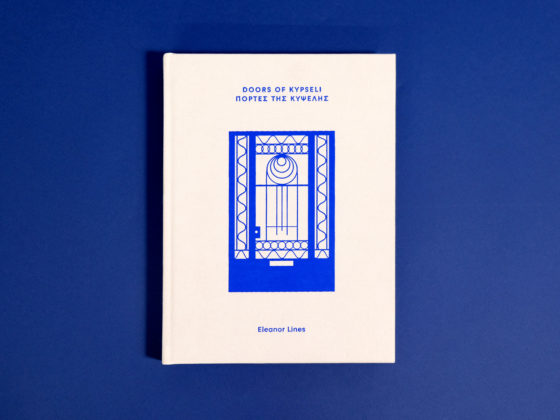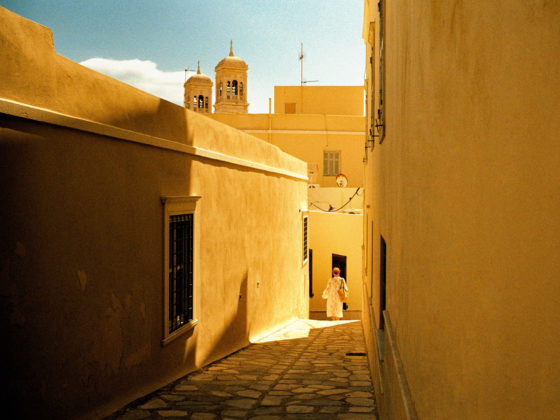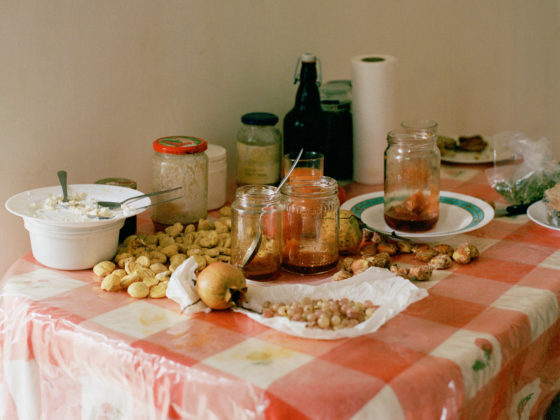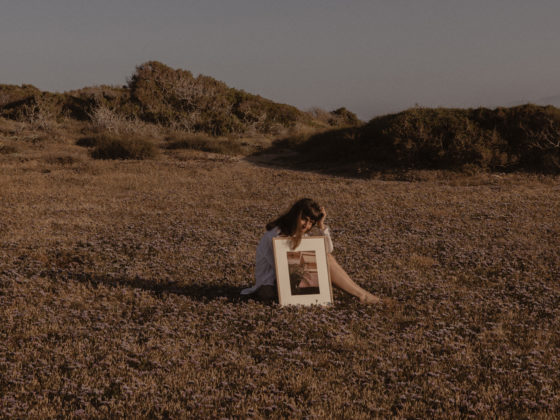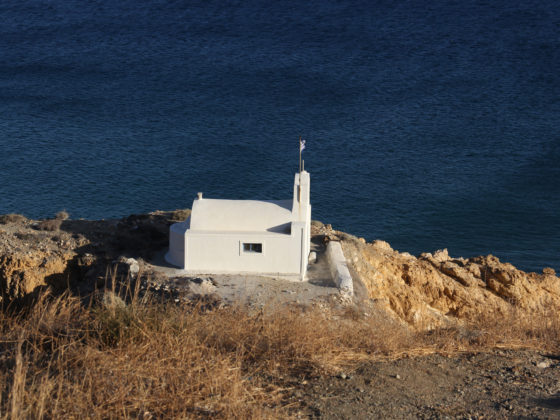In his new series entitled “Les rochers fauves”, Clement Chapillon questions the notion of geographical and mental isolation through an island in the Aegean Sea.
It is balanced between the sky and sea. It is the radical and absolute origin. It is a prison, elusive and luminous. It is a space in which to lose oneself, to reveal oneself. It is neither completely here, nor completely elsewhere. The island is a fragment, an abbreviation of the world.
He discovered the Greek island of Amorgos about fifteen years ago, which over time became his obsession. A remote island, Amorgos is the poorest and least densely populated of all Greece, but also one of the most fascinating because of its geography and intact traditions. In 2018, Chapillon began an in-depth documentary work that spanned 2 years – capturing the intimacy of the Ilians, the topography and the vernacular of the Island.
What happens to identity when it is surrounded by water on all sides?
What happens to our relationship to the sacred, the mineral, the animal and the imaginary?
If the word isolated literally means “taking the shape of an island”, how can we give shape to the feeling of insularity?
As time goes by, the hold of the island becomes more and more demanding, time and space dilate, a feeling of dereliction invades us under the crumbling gaze of icons. As the novelist Francesca Melandri said, «If you want to keep someone really apart, there is no wall higher than the sea». With isolation comes a polarity, both dark and luminous. Under the immaculate whiteness of the walls and the tawny beauty of the rocks, a mystery, a disturbing strangeness is hidden.
“Les rochers fauves” enters into a dialogue with one of the first writings on this island, under the pen of the archaeologist, Gaston Deschamps, who in 1180 wrote “Greece today”. An island mythology then takes shape, nearly 140 years apart, where a palimpsest of words from the past resonates with today’s images.
This work was made with the support of the Fondation des Treilles, of which Chapillon was a laureate in 2019.
